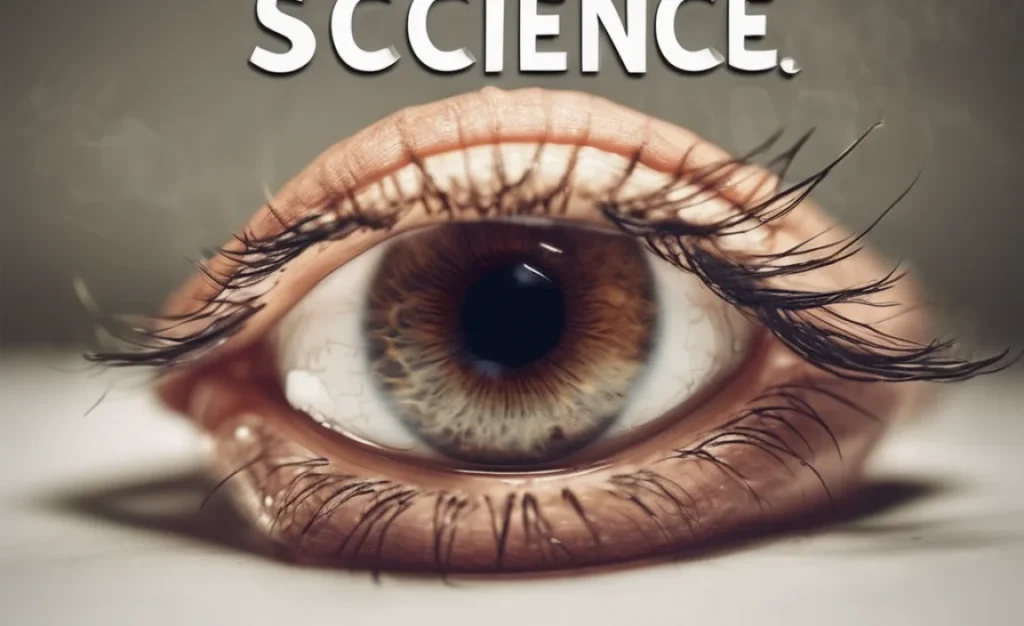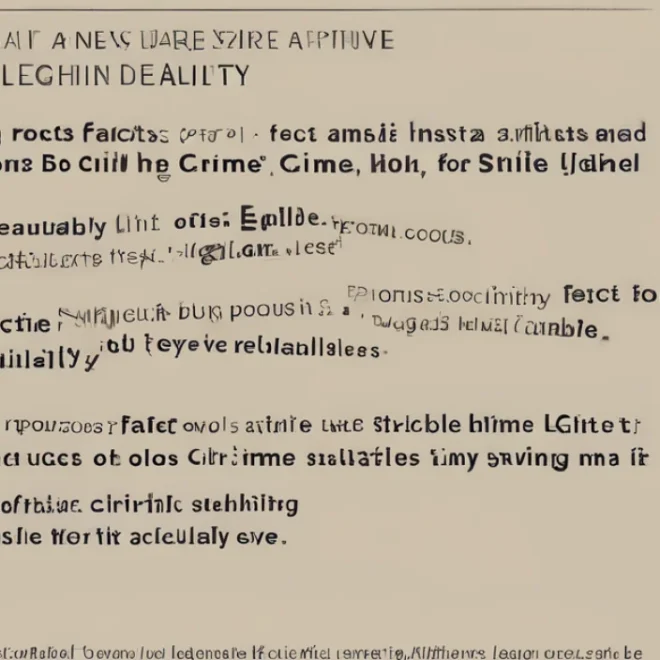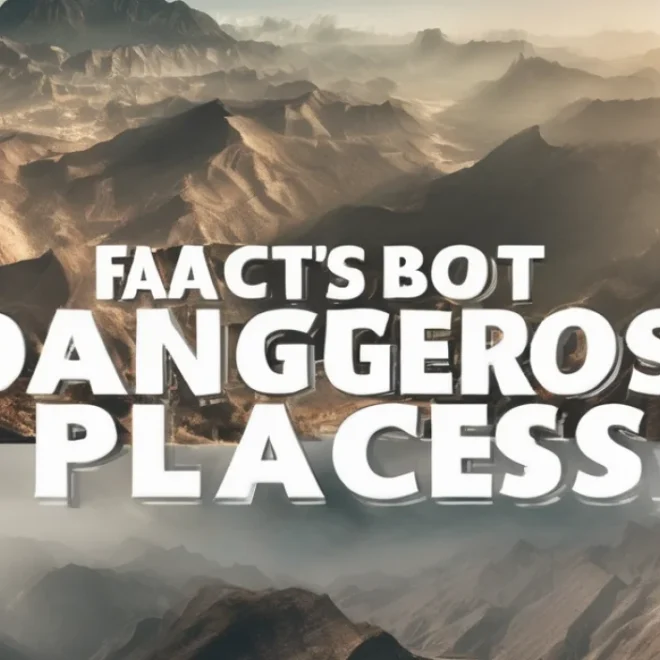Do you know why the sky is blue? Or how frogs can freeze solid and still live? Science is full of surprises! There are many weird but true science facts that can boggle your mind. Imagine your body being home to trillions of tiny creatures! Science can be stranger than fiction. Let’s dive into some amazing science wonders.
Key Takeaways
- Science facts can be surprising and fun to learn.
- Weird but true science facts inspire curiosity.
- Animals have unique and strange abilities.
- Nature holds many mysteries waiting to be explored.
- Weird science makes learning exciting and engaging.
Weird But True Animal Abilities
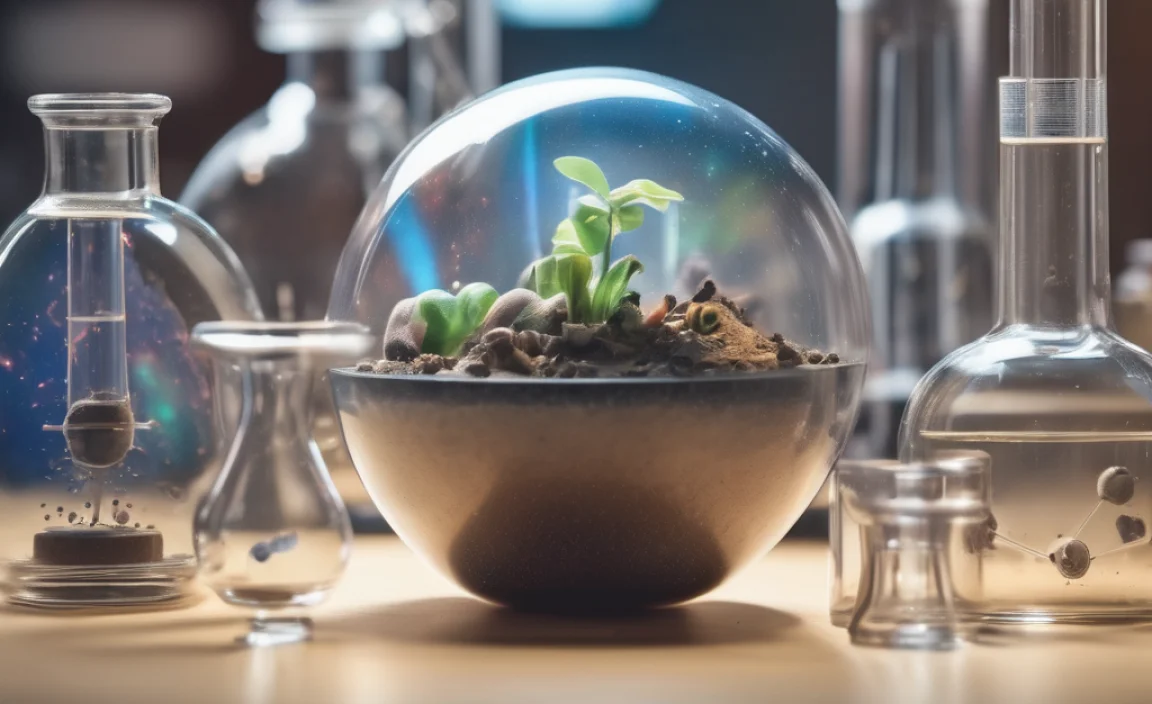
Animals have incredible skills that sound impossible! Some frogs can survive being frozen. They simply thaw out and hop away when it warms up. Other animals, like the axolotl, can regrow lost limbs. That’s right! If they lose a leg, it grows back. There’s even a fish that can switch genders. The clownfish can change from male to female if needed. These amazing abilities help animals survive in their environments.
- Frogs can freeze and survive.
- Axolotls regrow lost limbs.
- Clownfish change gender.
- Some snakes can glide in air.
- Octopuses have three hearts.
These talents make animals fascinating to study. Scientists learn a lot by observing them. Many animals have adapted in strange ways. This helps them thrive in difficult places. What other animal powers might we discover? The animal kingdom is full of mystery and wonder. Studying it teaches us how diverse and adaptable life can be.
Fun Fact or Stats : Frogs can survive with 60% of their body frozen!
Frozen Frogs
Have you ever been so cold you thought you’d freeze? Wood frogs experience this regularly in winter. They freeze almost completely solid, including their hearts! But why don’t they die? These frogs produce a special substance that acts like antifreeze. It protects their cells from ice damage. When spring arrives, they thaw and hop back to life, good as new. Isn’t that amazing? It’s like a real-life magic trick!
The Mighty Axolotl
Imagine losing an arm and it growing back! The axolotl, also called the Mexican walking fish, can do just that. These creatures can regrow lost limbs and even parts of their heart and brain! Scientists study axolotls to learn about healing and regeneration. Could humans one day regrow limbs too? This special skill helps axolotls survive injuries. They are like superheroes of the animal world!
Clownfish Gender Swap
Have you watched the movie Finding Nemo? Clownfish, like the characters in the film, have a unique trait. If the female clownfish in a group dies, the largest male changes into a female. This ensures the group survives and can continue to reproduce. The next biggest fish becomes the new male. This process is called sequential hermaphroditism. It’s a clever survival strategy in their underwater world!
Shocking Science Facts About Space
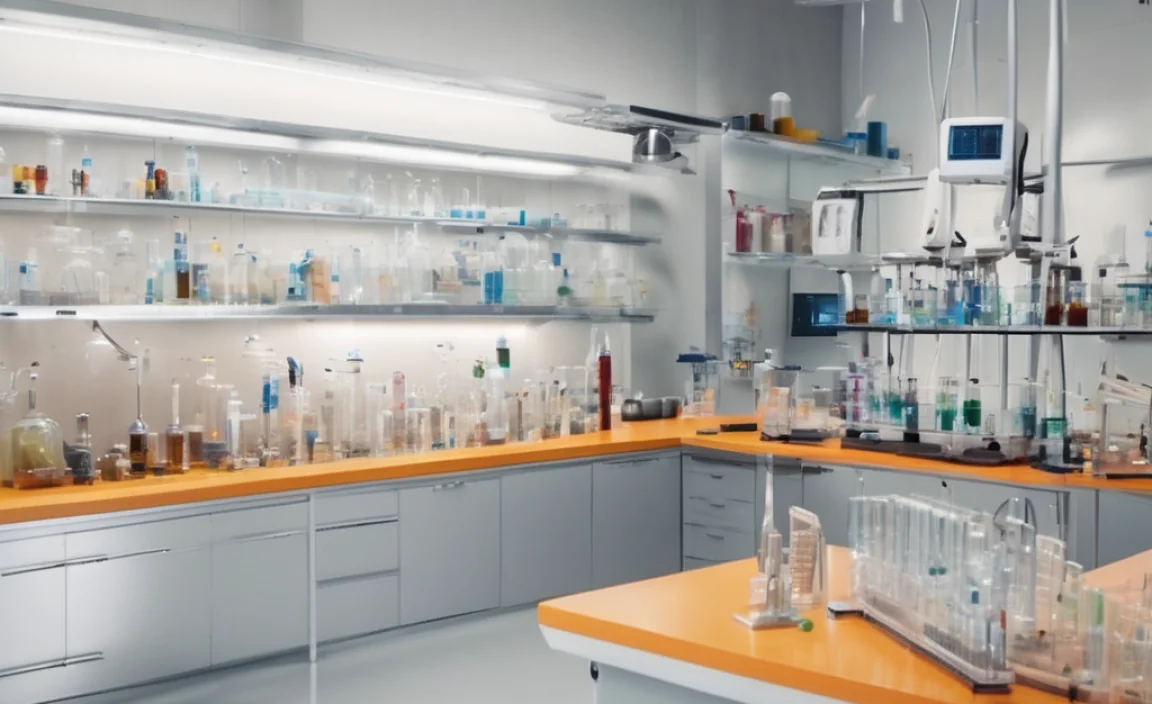
Space is vast and mysterious. Did you know that there are more stars in the sky than grains of sand on Earth? That’s right! Our universe is full of amazing wonders and weird but true science facts. For example, some planets rain diamonds! Neptune and Uranus may have rain made from diamonds due to pressure and carbon. Black holes are another mind-boggling space mystery.
- There are more stars than grains of sand.
- Neptune and Uranus might rain diamonds.
- Black holes can bend time and light.
- Space is completely silent.
- A day on Venus is longer than a year.
Space exploration continues to reveal new mysteries. Each discovery brings more questions. Scientists use telescopes and space probes to learn more. The universe is a giant puzzle waiting to be solved. Who knows what amazing discoveries lie ahead? Space invites us to dream big and explore the unknown.
Fun Fact or Stats : A teaspoon of a neutron star weighs six billion tons!
Diamond Rain
Imagine a world where it rains diamonds! Scientists believe this happens on Neptune and Uranus. The pressure and heat inside these planets turn carbon into diamonds. These diamonds fall like rain through the planet’s layers. It’s a spectacular natural phenomenon. What would you do with a planet full of diamonds? These discoveries remind us of the universe’s endless possibilities.
Silent Space
Have you ever wondered what space sounds like? Well, it turns out space is silent. Sound needs air to travel, and space has no air. This silence can be eerie. What would you hear if you were floating in space? Only the sounds from inside your spacecraft or spacesuit. This quietness makes space exploration both peaceful and lonely.
Black Holes
Black holes are cosmic giants with powerful gravity. They pull everything in, even light. Imagine a giant vacuum cleaner in space! Scientists think black holes can bend time and space. Are black holes portals to other universes? We don’t know yet. But they are fascinating space mysteries. Learning about them helps us understand the universe better.
Fascinating Plant Facts
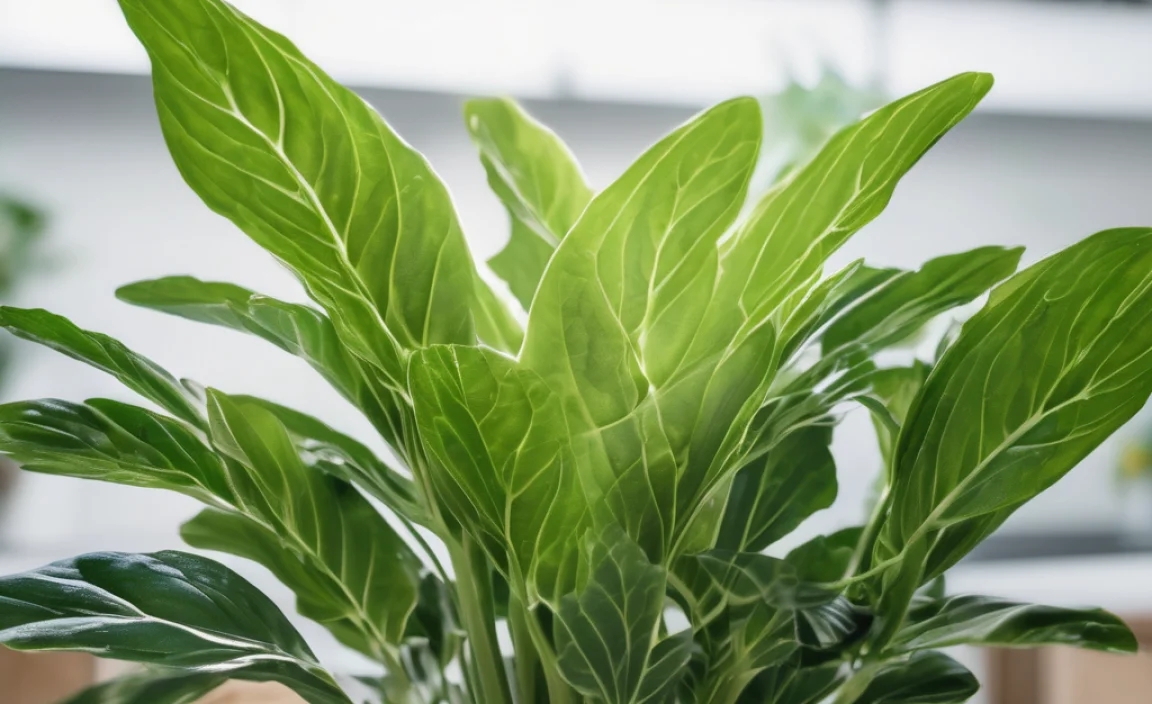
Plants aren’t just green and leafy. Some have weird but true science facts. For instance, the corpse flower smells like rotting flesh. It’s not just any flower! It’s one of the largest flowers in the world. Another plant, the Venus flytrap, eats bugs! These plants have developed unique ways to survive. They reveal the wonders of plant adaptation.
- Corpse flowers smell like rotting flesh.
- Venus flytraps eat insects.
- Some plants can move towards light.
- Plants communicate through root systems.
- Bamboo grows over 3 feet in one day.
Plants are essential to our world. They give us oxygen and food. But they also hold secrets. Studying plants teaches us about adaptation and survival. They face challenges like climate and predators. Yet, they thrive using clever strategies. Plants remind us of nature’s resilience and variety.
Fun Fact or Stats : Bamboo can grow 35 inches in just one day!
Corpse Flower
Would you like to smell a flower that stinks? The corpse flower blooms rarely, but when it does, watch out! It releases a powerful odor like rotting meat. Why does it smell so bad? To attract flies and beetles for pollination. These insects help the flower reproduce. It’s a fascinating survival strategy that makes this flower unique.
Venus Flytrap
Have you ever seen a plant eat a bug? The Venus flytrap does just that! It has special leaves that trap insects. When an insect touches its tiny hairs, the trap shuts quickly. The plant then digests the insect. This gives it extra nutrients to grow. It’s like a plant with a mouth! This is how the Venus flytrap survives in nutrient-poor soil.
Plants Communicate
Did you know plants can talk? Not with words, but through their roots. They send signals to each other about danger, like insect attacks. This helps them prepare defenses. It’s a silent communication network underground. How cool is that? Plants use this system to help each other survive. It’s like a secret plant language!
Incredible Human Body Facts
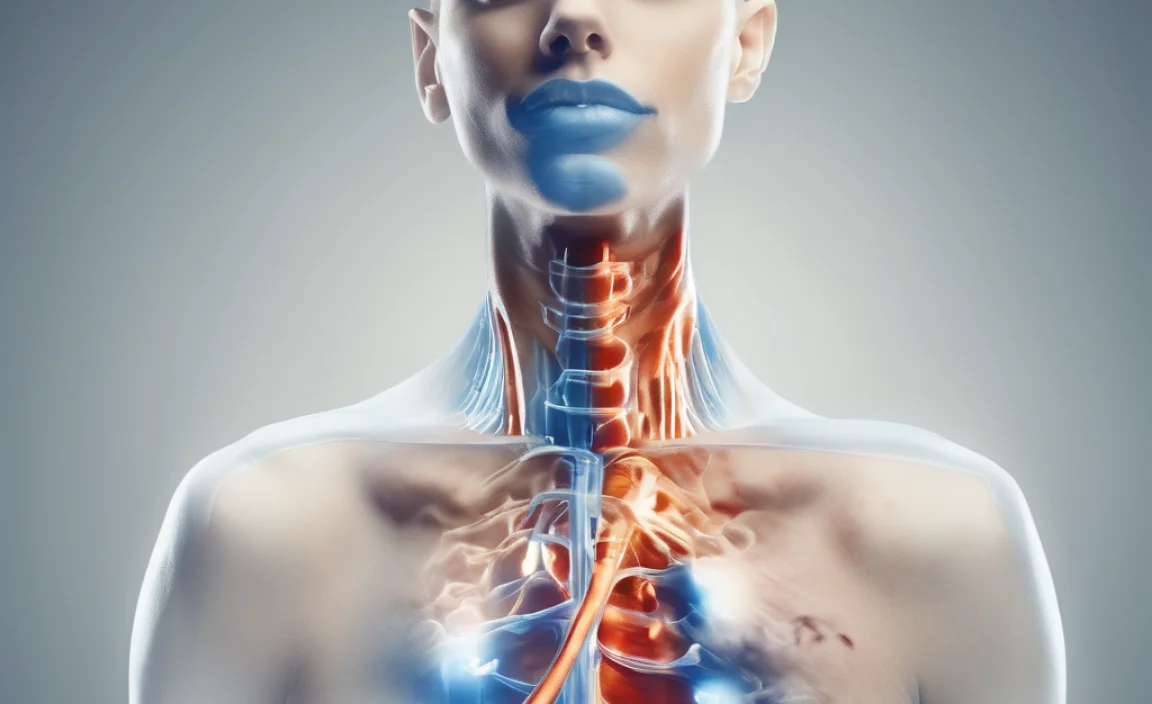
The human body is full of weird but true science facts. Did you know that your body has more bacteria than cells? It’s true! There are trillions of bacteria living in and on us. They help with digestion and fight off bad germs. Our bodies are amazing machines. They can do incredible things without us even knowing.
- Your body has more bacteria than cells.
- Humans have 206 bones as adults.
- Our hearts beat over 100,000 times a day.
- Skin is the body’s largest organ.
- We shed millions of skin cells daily.
From our beating hearts to our complex brains, the human body is a wonder. It works hard to keep us alive and healthy. Understanding our bodies helps us take better care of ourselves. Every body part has a unique purpose. Together, they form a system that is more complex than any machine.
Fun Fact or Stats : The human nose can detect over a trillion scents!
Bacteria in Our Bodies
Do you know you have tiny helpers inside you? Trillions of bacteria live in your body. They outnumber your cells! These microbes help break down food and protect against infections. They are vital for good health. Imagine bacteria as your little invisible team. They work 24/7 to keep your body running smoothly. Taking care of them is important for your well-being.
Beating Heart
Your heart is a powerhouse! It beats over 100,000 times a day, pumping blood throughout your body. This keeps you alive and energized. Have you ever felt your heartbeat after running? That’s your heart working harder to supply your muscles with oxygen. It’s an amazing organ that never takes a break. The heart’s strength and endurance are truly remarkable.
Skin Shedding
Your skin is always changing. Did you know you shed millions of skin cells daily? This process helps renew your skin and keep it healthy. It’s like your body has a self-cleaning system! New skin cells replace the old ones, keeping your skin fresh. That’s why taking care of your skin with proper hygiene is essential. It keeps this amazing organ functioning well.
Mind-Boggling Math and Physics Facts
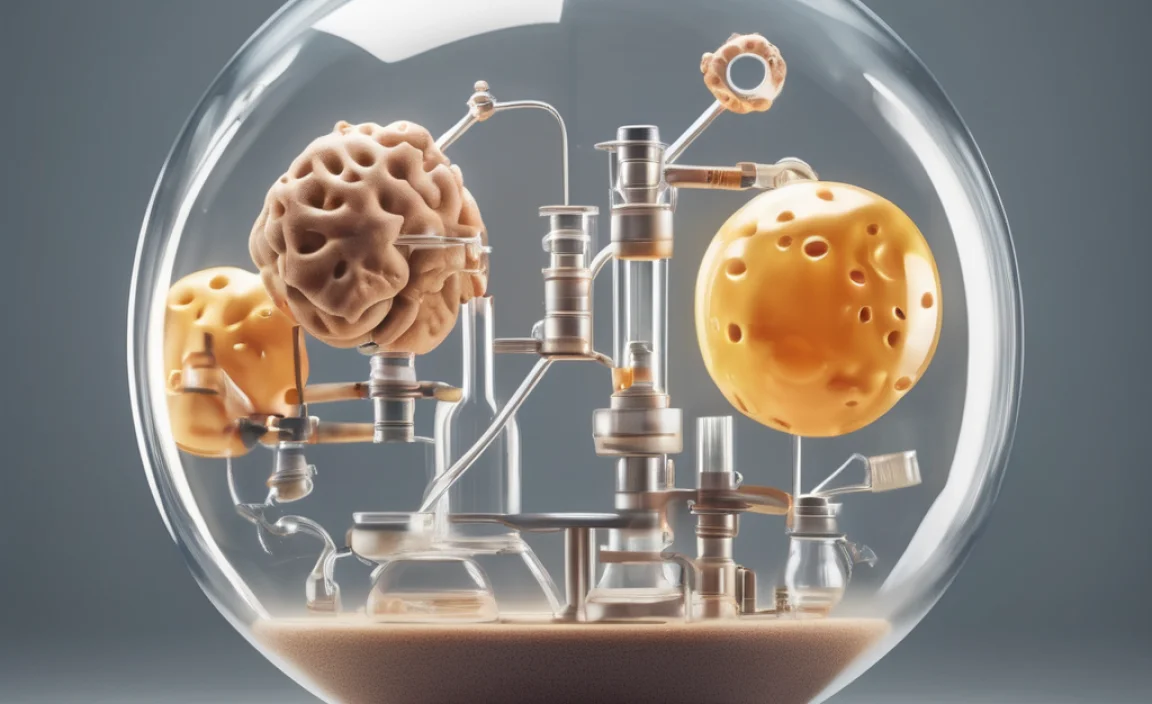
Math and physics aren’t just numbers and formulas. They’re full of weird but true science facts. For instance, did you know a sphere is the most efficient shape? It uses the least surface area to hold volume. In physics, time can bend and stretch near black holes. These subjects reveal surprising truths about our world and universe.
- Spheres are the most efficient shape.
- Time bends near black holes.
- Einstein’s theories changed our view of gravity.
- The speed of light is a universal limit.
- Numbers can describe everything in the universe.
Mathematics and physics are the languages of the universe. They help us understand how things work. From simple counting to complex equations, they uncover hidden truths. Every discovery in these fields opens new doors. They let us explore the mysteries of existence. Math and physics make the invisible visible.
Fun Fact or Stats : A basketball is a near-perfect sphere, maximizing volume with minimal surface.
Efficient Spheres
Why are soap bubbles round? It’s because a sphere is the most efficient shape. It holds the greatest volume with the least surface area. This makes it the best shape for containing things. Nature likes efficiency. That’s why many planets and stars are round too. Isn’t it fascinating how simple shapes can have such important roles?
Time and Black Holes
Ever heard of time travel? Near black holes, time seems to slow down. A minute there could be hours here. This happens because of gravity’s pull. Black holes are dense and powerful. They warp time and space around them. Imagine watching a clock near a black hole. It would tick slower. It’s a mind-boggling concept from Einstein’s theories!
Einstein’s Impact
Einstein was a genius who changed how we see the universe. His theory of relativity reshaped our understanding of gravity. Before Einstein, people thought of gravity as a simple force. But he showed it’s more complex. Gravity can bend light and time. His ideas opened the door to exploring the universe’s mysteries. Einstein’s work continues to inspire scientists today.
Conclusion
Weird but true science facts make learning fun! They show us how strange and wonderful our world is. From animals to space, to our own bodies, every fact reveals new wonders. Science invites us to explore, ask questions, and discover the unknown. Keep being curious and enjoy the adventure of learning!
FAQs
Question: What are weird but true science facts?
Answer: Weird but true science facts are surprising truths about the world. They can be about animals, space, plants, or the human body. These facts are often mind-boggling and inspire curiosity. They make learning exciting and fun by revealing hidden wonders and mysteries in science.
Question: Why do frogs freeze and survive?
Answer: Some frogs can freeze during winter to survive harsh weather. They produce special antifreeze chemicals that protect their cells from ice damage. When temperatures rise, they thaw out and return to normal life. It’s a fantastic adaptation that helps them survive extreme cold.
Question: Do all planets rain diamonds?
Answer: Not all planets rain diamonds. Scientists think diamond rain occurs on Neptune and Uranus. High pressure and heat inside these planets turn carbon into diamonds, which fall like rain. This phenomenon shows how diverse and interesting our universe is.
Question: How do plants communicate?
Answer: Plants communicate using their roots. They send signals about dangers like insect attacks. This helps nearby plants prepare defenses. It’s like a secret underground network. This ability shows how plants can cooperate and survive in nature.
Question: What makes a sphere efficient?
Answer: A sphere is efficient because it contains the most volume with the least surface area. This shape is nature’s way of maximizing space while using fewer resources. That’s why many natural objects, like bubbles and planets, are round.
Question: Why is space silent?
Answer: Space is silent because there is no air to carry sound. Sound waves need a medium, like air or water, to travel. Without it, sound cannot be heard. This silence makes space a unique and quiet place to explore.


